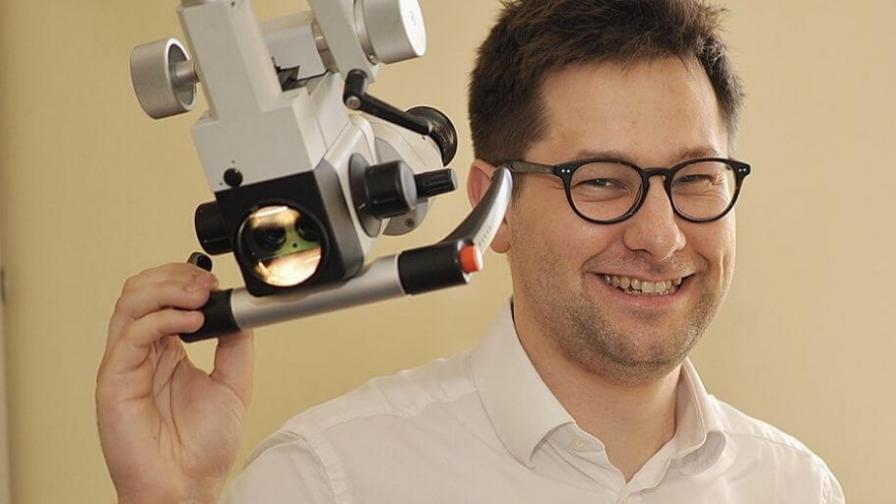Archived
Please note, this page may contain outdated information or subject matter.

What inspired you to investigate this particular area?
As an ear, nose and throat (ENT) doctor I see lots of children with ear problems – mainly hearing loss due to glue ear and those with repeated ear infections. These are big problems for the patients themselves, and common reasons for them to undergo an operation – which is invariably a hugely significant thing for them and their families. I would love to find out why some people are more susceptible to these problems than others and eventually use this knowledge to develop new treatments which are more comfortable and safer for patients.
What does Action funding for this study mean to you?
I am very grateful to Action for funding this research. It has provided a rare opportunity to dedicate myself to full time research and start building up an ear immunology research theme, which I hope in time will lead the way in understanding and treating ear disease and improving the lives of patients.
What does a typical day look like for you … or is every day different?
Every day is different! A lot of my time at the moment is talking to patients about the study and also doing experiments in the lab. We also spend time meeting other surgeons and scientists who can help us with our research. Finally we also try and squeeze in some time for writing papers, giving talks to update colleagues on our work, and even the odd cup of coffee with students to try and get them involved in ear research.
Can you tell us a bit about your team?
My colleagues are one of the best things about this research! There are lots of ENT surgeons who help us in shaping how the study will benefit patients. We also have colleagues in the lab who help with making the science make sense. They all bring a mix of expert skills in analysing data, growing cells, and using technology to interpret results. We also have colleagues in the middle who do both ENT surgery and science who help make sure both sides are lining up to benefit patients. We could not do this project without them.
Who’s your research hero, and why?
Two of my science teachers from school – both pursued careers in research before changing to teaching. Both inspiring the next generation of scientists!
As a charity, Action began in 1952 with our founder’s quest to find a cure for polio. What led you to a career in medical research?
I always knew I wanted to go into medical research. I think it’s pretty cool to find out what causes diseases and then find the solution to it to make patients better.
Action’s loyal and lovable mascot Paddington Bear™ is very fond of marmalade sandwiches. What’s your favourite snack?
No doubt about it – chocolate Daim bars!
Tell us something that will surprise us…
I spend most of my free time gardening and growing my own vegetables!
I would love to find out why some children are more susceptible to ear problems than others and eventually use this knowledge to develop new treatments.
